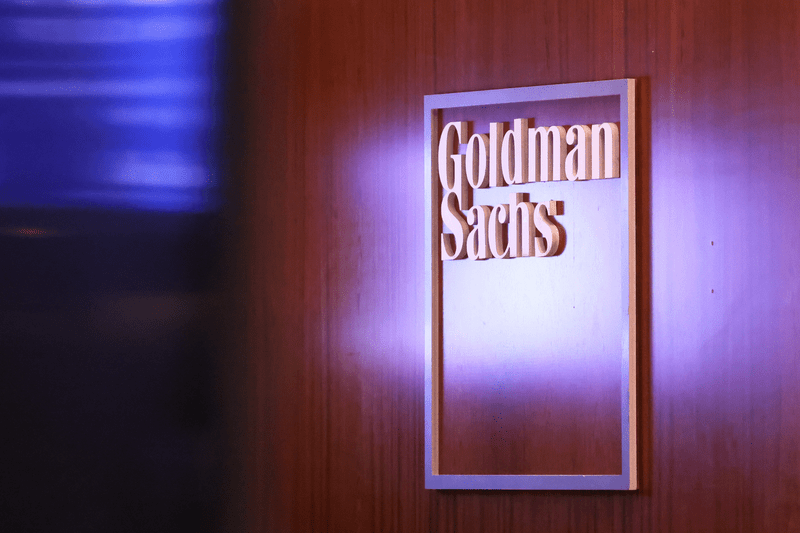The CFTC has imposed a $15m penalty on Goldman Sachs & Co. LLC for violating the CFTC’s Business Conduct Standards, which apply to swap dealers. In particular, the Commission found that the company failed to disclose multiple pre-trade-mid-market marks (PTMMM), which violates Regulation 23.431. Goldman Sachs also failed to communicate to its clients in a fair and balanced way “based on principles of fair dealing and good faith” – which violates Regulation 23.433.
By failing to disclose the PTMMM of these swaps to clients, Goldman Sachs was obscuring the value of the same-day swap. The CFTC’s order finds that “Goldman Sachs opportunistically solicited or agreed to enter into same-day swaps only on days and at times that were financially advantageous to Goldman and disadvantageous to its clients.”
Violated business standards
It was also found Goldman Sachs sometimes disclosed a PTMMM for a “T+1” swap and then later bid over it for the “same-day” swap – which made the client believe that the same-day swap was a better deal than the T+1 swap when it was not.
“The purpose of the CFTC’s Business Conduct Standards is to promote transparency and fairness in the swaps market. The CFTC is committed to ensuring that swap dealers abide by these standards, so that swap counterparties receive disclosures allowing them to assess material aspects of the swaps before entering into them,” said Director of Enforcement Ian P McGinley.
“Goldman Sachs opportunistically solicited or agreed to enter into same-day swaps only on days and at times that were financially advantageous to Goldman and disadvantageous to its clients.”
The CFTC order
“As today’s penalty against Goldman demonstrates, the CFTC will aggressively pursue swap dealers that violate these business conduct standards.”
Goldman Sachs has settled the charges with the CFTC, and admits that most “same-day” swaps that were executed in 2015 and 2016 either failed to disclose any PTMMM or an accurate PTMMM – conduct that violated CFTC regulation.


